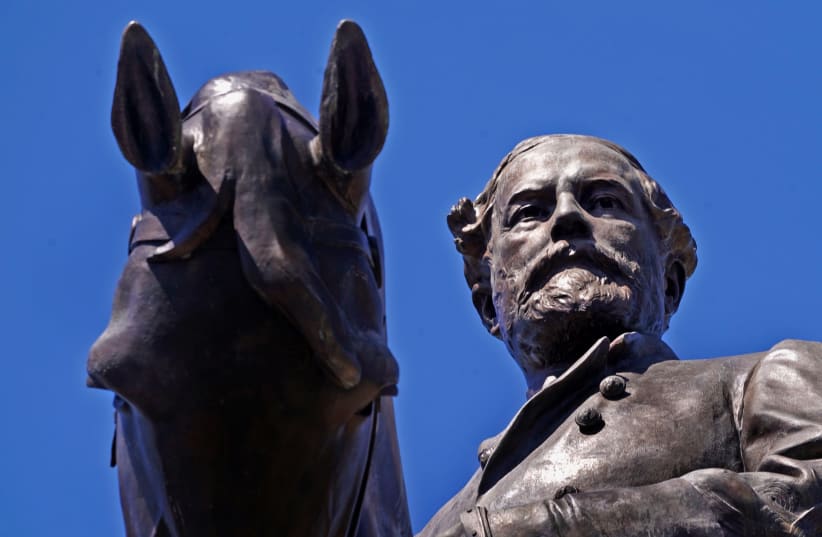The statues include one honoring the former Supreme Court Justice Roger Taney, who authored a decision supporting slavery. Democrats also have pointed to a former senator who was expelled from the body after joining the Confederate army in the Civil War.
Democratic Representative Barbara Lee called the statues "painful symbols of bigotry and racism." She said they do "nothing more than keep white supremacy front-and-center in one of the most influential buildings in the world."
If passed by the House, the measure would also have to be approved by the Republican-controlled Senate.
The United States in recent months has seen a wave of nationwide protests against racism and the use of violence by police against Black Americans that were sparked by the death of George Floyd at the hands of Minneapolis police but have evolved into a wide-ranging rethinking of measures that honor Americans who supported slavery.
President Donald Trump has lashed out at the idea of removing statues, accusing Democrats of wanting to erase the nation's history. He has threatened to veto a House-passed $740 billion bill setting policy for the Pentagon because it contains language that would require the military to remove the names of former Confederate leaders from its bases.
Taney wrote the majority opinion in the 1857 "Dred Scott" case, ruling that Black Americans could not be considered citizens and that Congress could not prohibit slavery. It later was overturned by the 14th Amendment to the Constitution.
Democrats said they hoped the legislation would win bipartisan support. Aides to leading Republicans in Congress did not respond to requests for comment.Representative James Clyburn, the No. 3 House Democrat, told reporters his party was not advocating the destruction of statues, adding they could be placed in museums "until the states that sent them up here... can come and get them."
